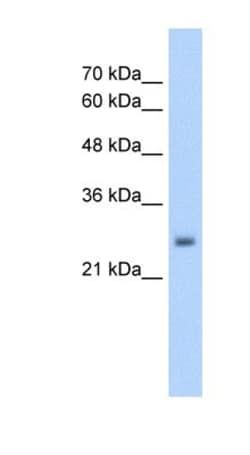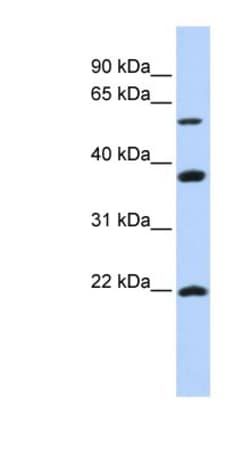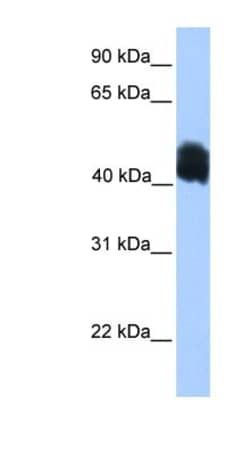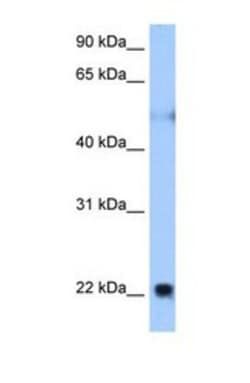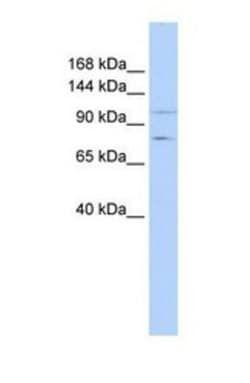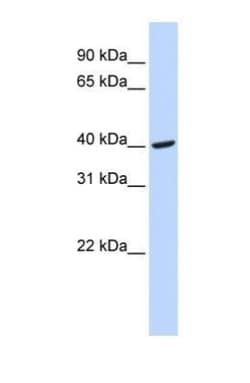Nogo Antibody, Novus Biologicals™
Manufacturer: Novus Biologicals
Select a Size
| Pack Size | SKU | Availability | Price |
|---|---|---|---|
| Each of 1 | NBP169284-Each-of-1 | In Stock | ₹ 44,455.50 |
NBP169284 - Each of 1
In Stock
Quantity
1
Base Price: ₹ 44,455.50
GST (18%): ₹ 8,001.99
Total Price: ₹ 52,457.49
Antigen
Nogo
Classification
Polyclonal
Conjugate
Unconjugated
Formulation
PBS, 2% Sucrose with 0.09% Sodium Azide
Gene Alias
ASY, foocen, Human NogoA, KIAA0886, My043 protein, Nbla00271, Nbla10545, neurite growth inhibitor 220, Neurite outgrowth inhibitor, Neuroendocrine-specific protein, Neuroendocrine-specific protein C homolog, NI220/250, Nogo protein, NOGO-A, Nogo-B, Nogo-C, NOGOC, NOGORTN4-B1, NSP, NSP-CL, reticulon 4, reticulon 5, reticulon-4, reticulon-5, RTN4-A, RTN4-B2, RTN4-C, RTN-x
Host Species
Rabbit
Molecular Weight of Antigen
22 kDa
Quantity
100 μL
Research Discipline
Apoptosis
Gene ID (Entrez)
57142
Target Species
Human, Mouse, Rat, Bovine, Canine, Equine, Guinea Pig, Rabbit, Sheep
Isotype
IgG
Applications
Western Blot
Concentration
0.5 mg/ml
Dilution
Western Blot 1.0 ug/ml
Gene Accession No.
Q7L7Q5
Gene Symbols
RTN4
Immunogen
Synthetic peptides corresponding to Nogo The peptide sequence was selected from the middle region of Nogo. Peptide sequence RAYLESEVAISEELVQKYSNSALGHVNCTIKELRRLFLVDDLVDSLKFAV.
Purification Method
Affinity purified
Regulatory Status
RUO
Primary or Secondary
Primary
Reconstitution
Centrifuge the vial of lyoph antibody at 12,000 x g for 20 seconds. Add 50μL of distilled water. Vortex followed by centrifuge again to pellet the solution.Final concentration is 1mg/mL in PBS buffer.
Content And Storage
Store at 4°C short term. Aliquot and store at -20°C long term. Avoid freeze-thaw cycles.
Related Products
Description
- Nogo Polyclonal specifically detects Nogo in Human samples
- It is validated for Western Blot.
